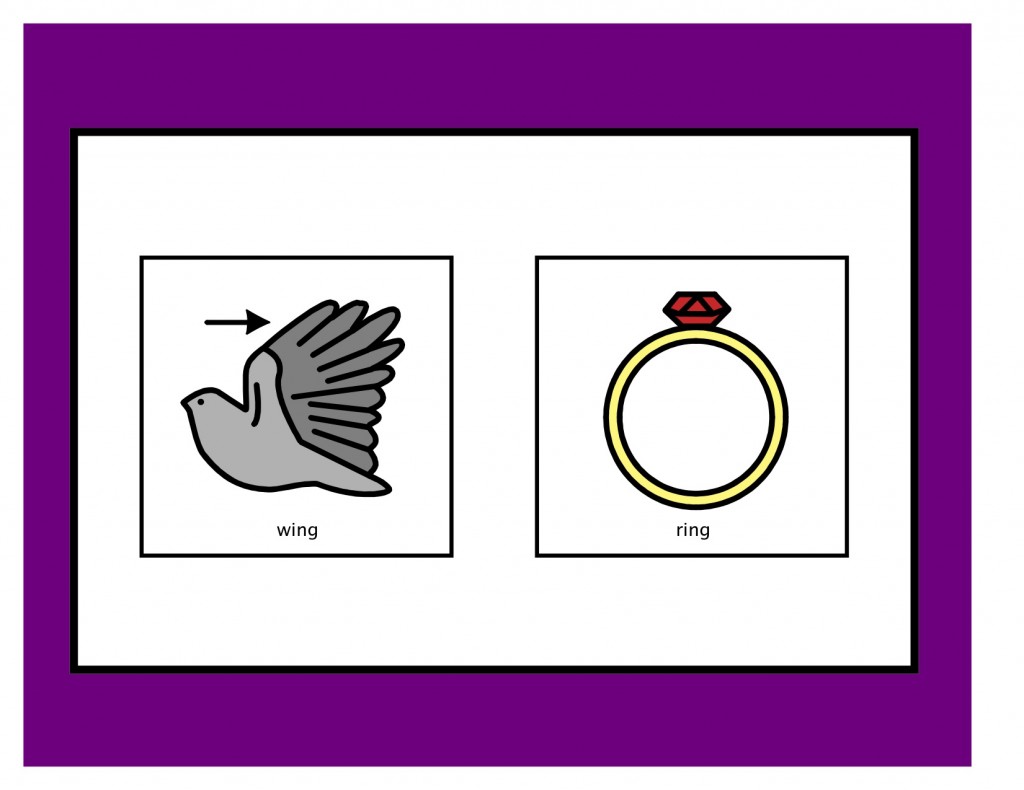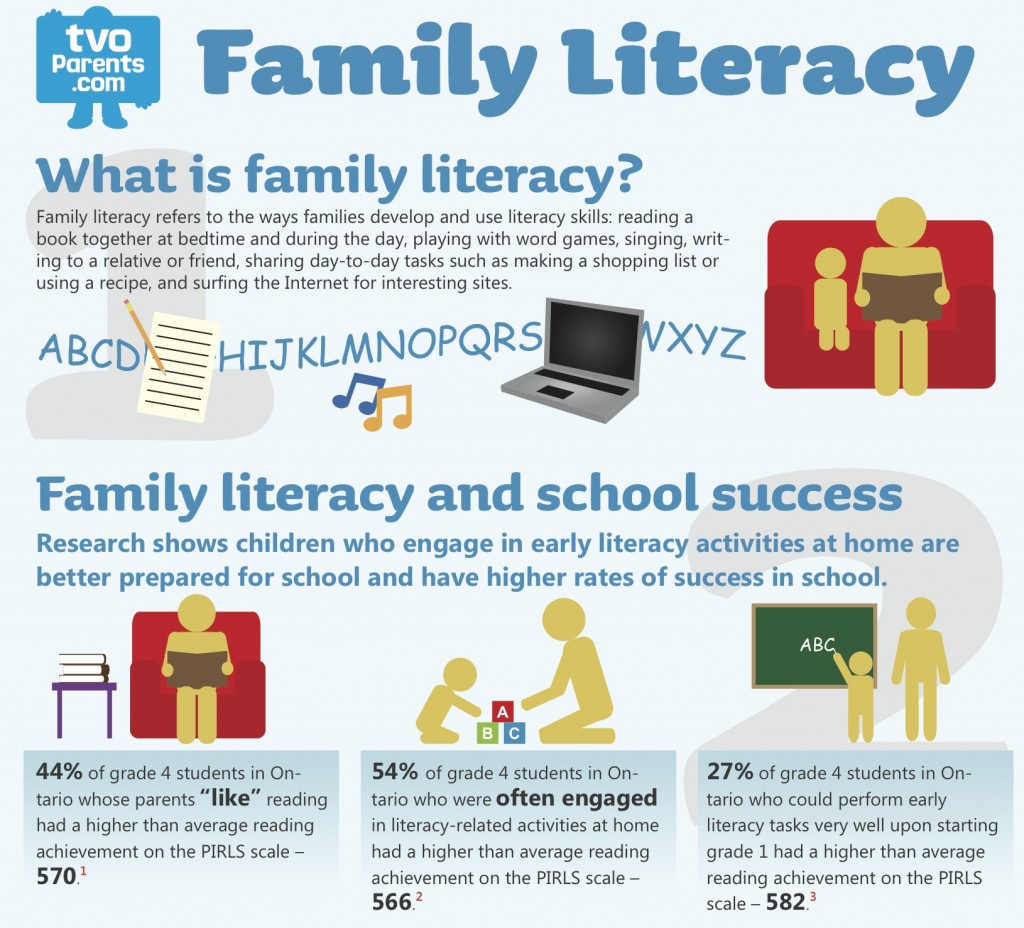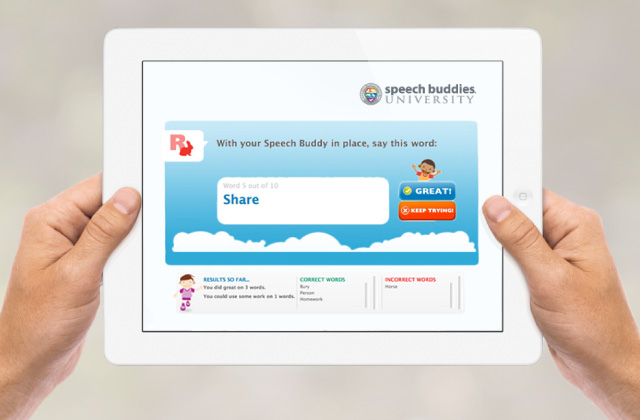Gliding is the term used to describe a phonological process that occurs when someone replaces specific consonant with “w” or “y”. There are different types such as replacement with liquids or fricatives but let’s talk about liquids, /l/ and /r/ with replacements by /w/ or /y/. You might here “yego” instead of “lego” for “wun” instead of “run.” In this case, a child is having difficulty with an entire class of sounds and that’s why it is referred to as a phonological process. While it typically disappears by age five, speech therapists are often confronted with gliding at much later years and attempts to reduce it can be tricky. Fortunately there are a variety of great materials available to get rid of gliding in speech therapy.





